
Draftiness becomes particularly bothersome with the onset of winter. Whether it’s doors, windows, baseboards – or even electrical outlets – …
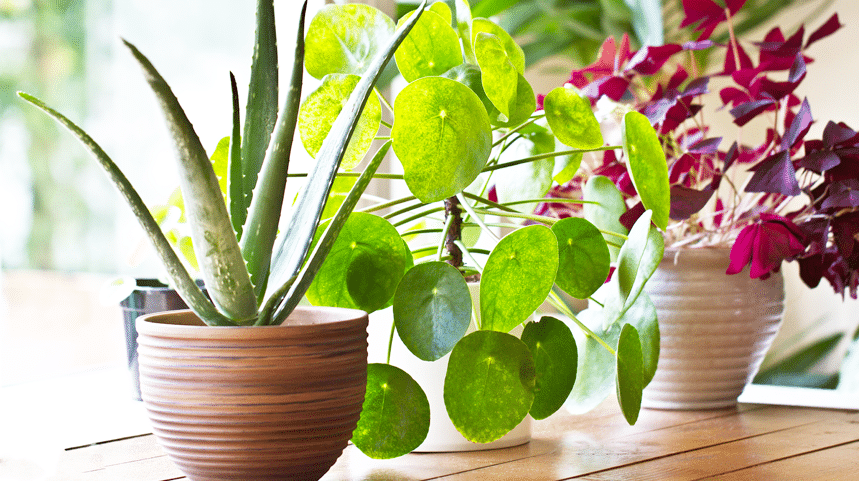
Plants can help brighten up a room and make it more inviting but you may not know that houseplants can actually “clean” your air by mitigating pollutants and, helping you and your family to breathe better.
We all learn about this stuff in school, but they don’t teach everything about plants. Mostly, we learn about photosynthesis — if you’re rusty, that’s the process by which plants convert energy from sunlight and carbon dioxide into chemical energy so they can grow — which is totally cool by itself.
But the process we don’t learn so much about is called phytoremediation, which might be even cooler than photosynthesis, especially when it comes to keeping us healthy. Basically, houseplants have an innate ability to absorb other gasses in addition to carbon dioxide, many of which are harmful to us people.
Probably the most critical of these dangerous elements are called volatile organic compounds (VOCs for short), which include benzene that’s emitted from plastics and cigarette smoke, and formaldehyde, which appears in a whole bunch of stuff you didn’t realize were potentially harmful including cosmetics, dish detergent, and carpet cleaner, among the wide variety of other junk you buy at Target and Walmart.
The good news is that there’s a lot you can do to keep the air clean in your home, even if pollution in your geographic area is getting worse. First, you can change the air filters in your home more regularly, every three to six months depending on your susceptibility to bad air. If you don’t have a heavy-duty HVAC system, then adding ventilation is your best bet, like opening a window or running an exhaust fan to get rid of the bad stuff.
The good news is that plants are not only cheap, relatively easy to keep alive, and colorful, they’re also wildly effective at keeping us healthy. I’m told we spend more than 90 percent of our time inside, which is a total drag, so air quality matters. Even NASA has done a bunch of studies that proves that the plants around us serve as what they call “nature’s life support system.”
I’m so glad you asked! It’s not just about grabbing a plant on sale at the hardware store. Different plant species, soil varietals, lighting, temperature and size can all affect the mitigation of air pollution by different plants. Here’s a bunch of common plants that can help you clean the air in your home.
It’s a common misconception that you need to live in a tropical location to keep plants like palm trees or lemon trees healthy, when as long as you pay attention to their needs and keep your indoor atmosphere at a temperature that’s acceptable to these kinds of plants, they’ll help you as much as you can help them. Bamboo palms are particularly effective at removing contaminants from the air such as formaldehyde and benzene. As an added bonus, they also help to keep your air moist, which for those of us from high and dry states like Colorado or Wyoming, is a big plus.
There are a ton of other common household plants that can help clean the air, including the Boston Fern, the super-tough Rubber Plant, English Ivy, and even Aloe Vera, if you can believe it. Palms are pretty, hardy, and effective at cleaning the air, while the counter-intuitive tulips are also useful in addition to being delightful.
In short, plants are cool, and they can help you breathe better but do your own homework. Some houseplants can be harmful to pets and kids, and they all need the proper care and attention. But if you do your research, talk to your local plant professionals, and treat your houseplants with the respect they deserve, you’ll be in better company, at least where your oxygen is concerned.

Draftiness becomes particularly bothersome with the onset of winter. Whether it’s doors, windows, baseboards – or even electrical outlets – …
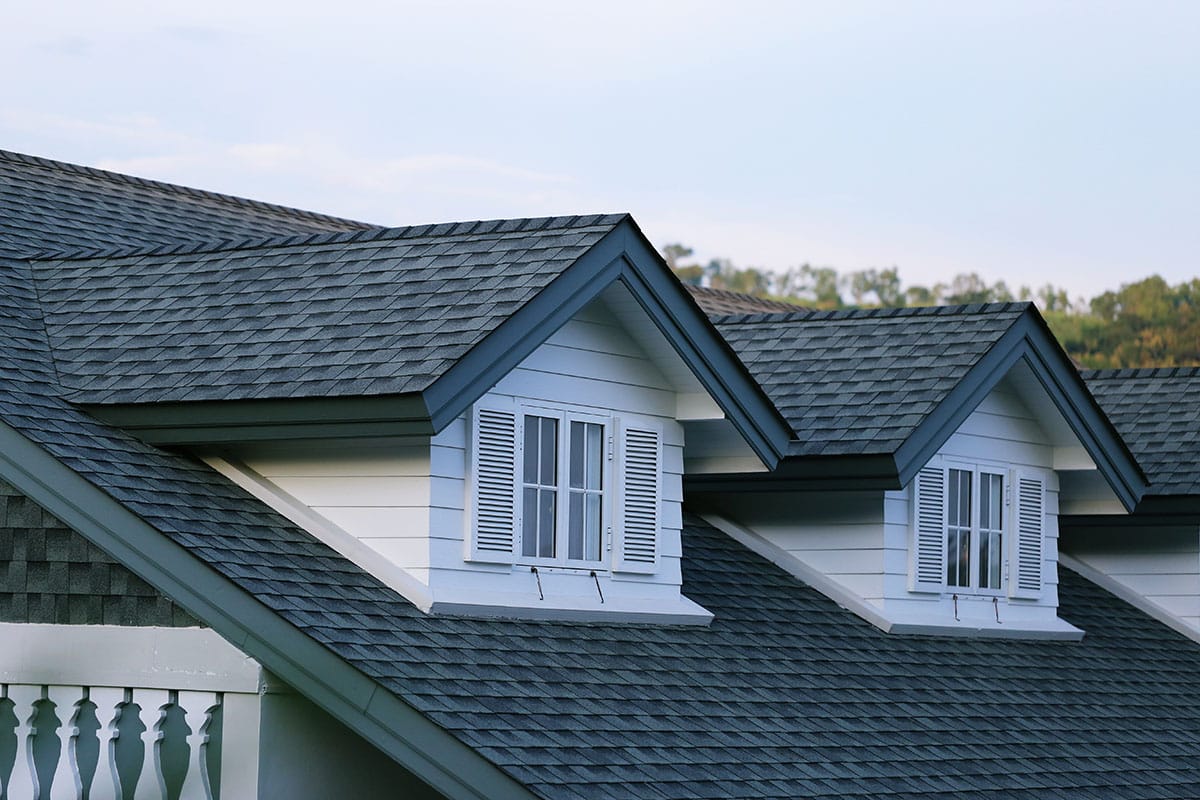
When buying a new home, the roof is one of the most critical components that potential homeowners should examine before …
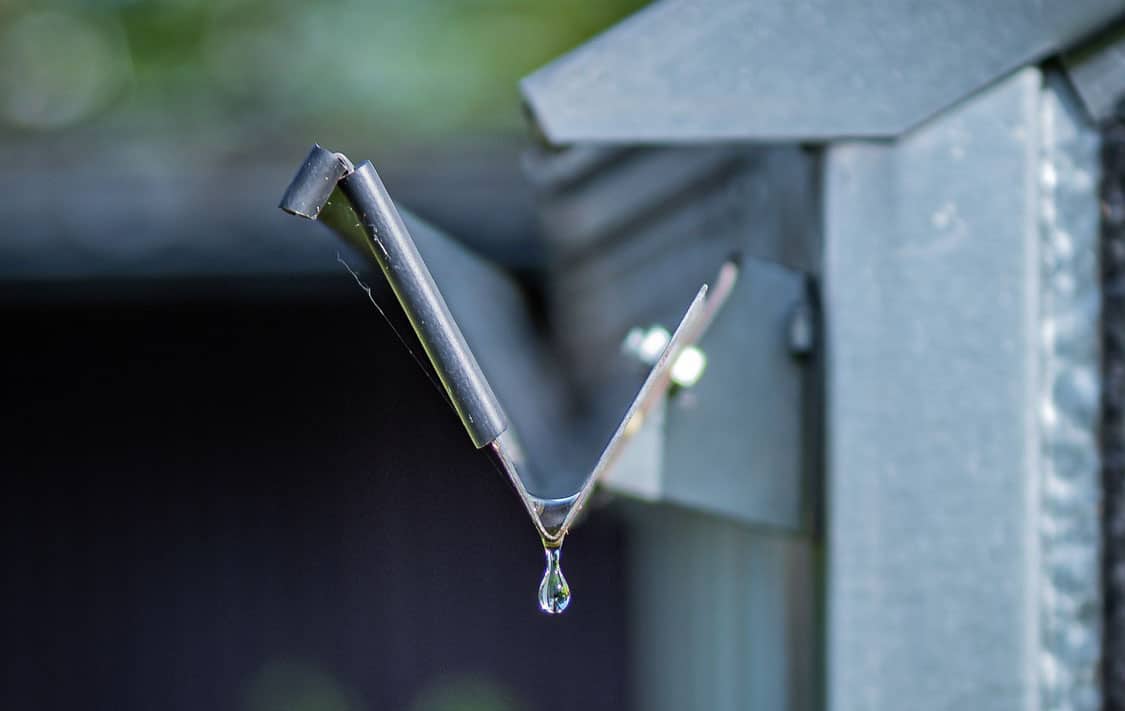
How to Clean and Maintain Gutters for a Functional Home Gutters are an essential part of any home’s roofing system. …
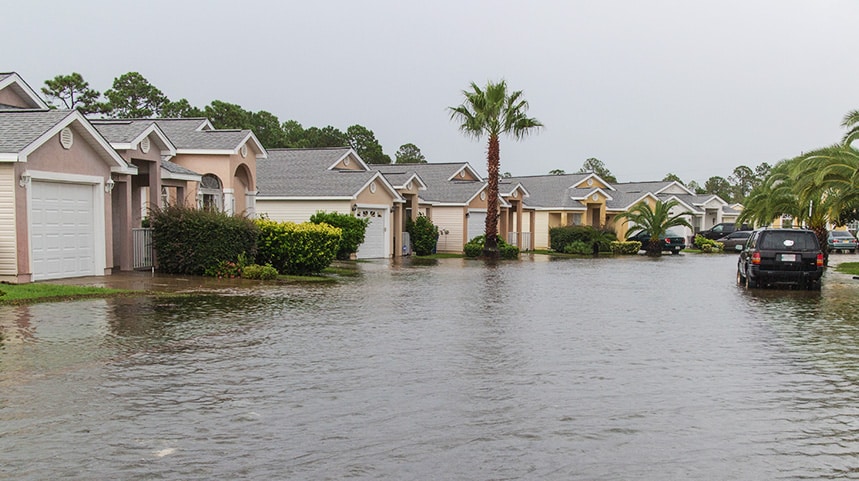
Here are six proactive steps you can take for protecting your home, family or other occupants from dangerous storms. Tip …
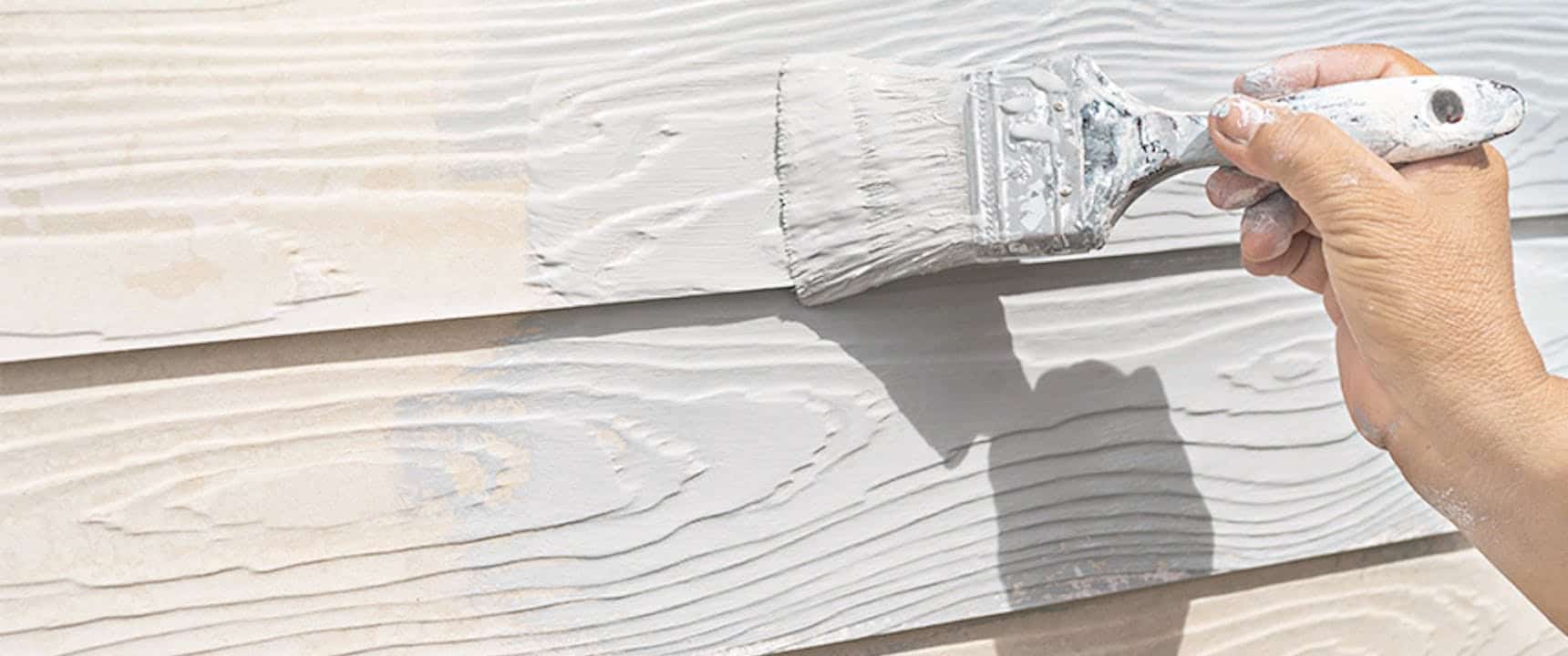
Springtime has been a great time to tackle home improvement projects like painting, and mixing up the colors of your home’s exterior …
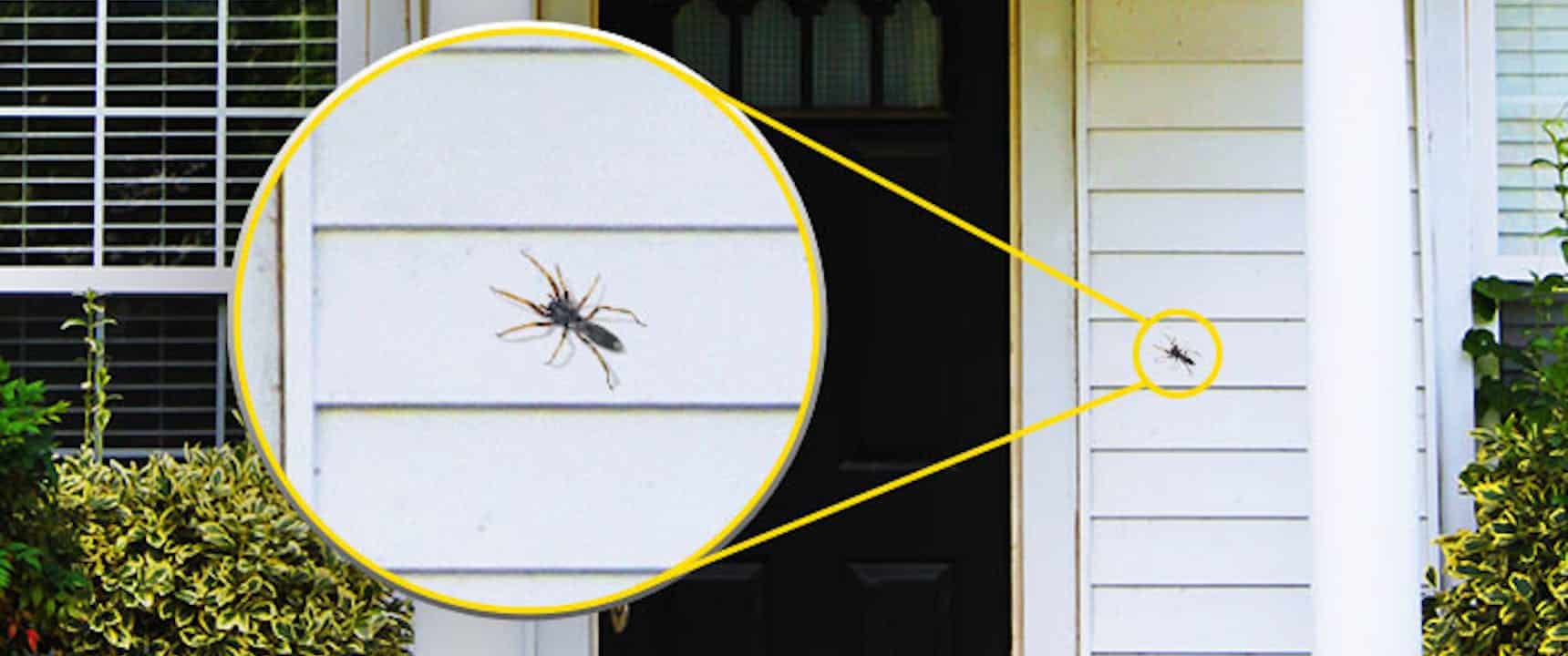
From cockroaches in Arkansas to spiders in California to the common stinkbugs that thrive throughout the united states, there are pests …